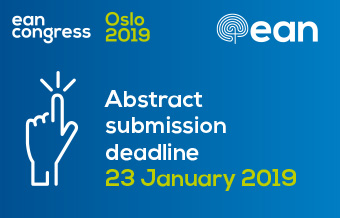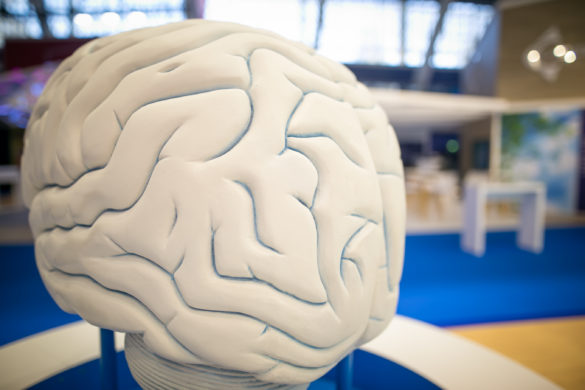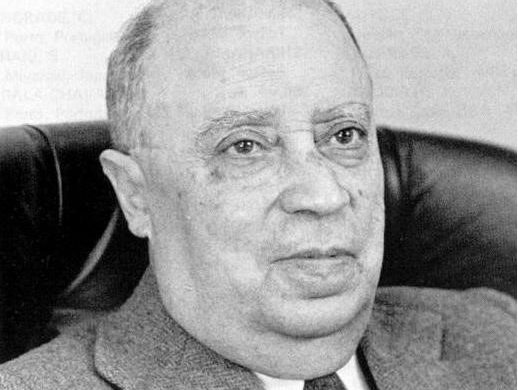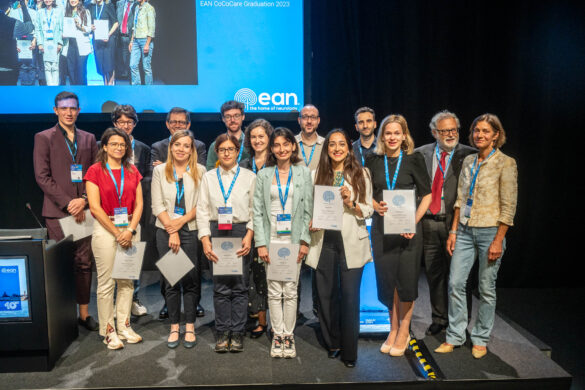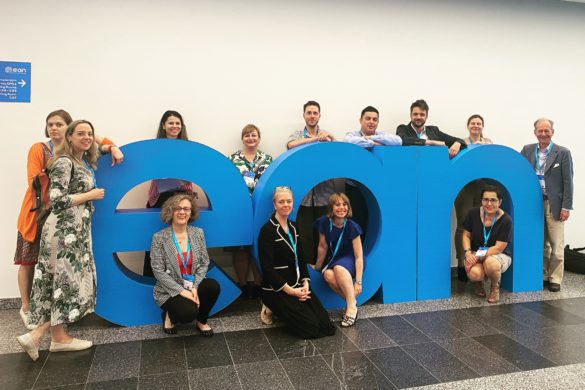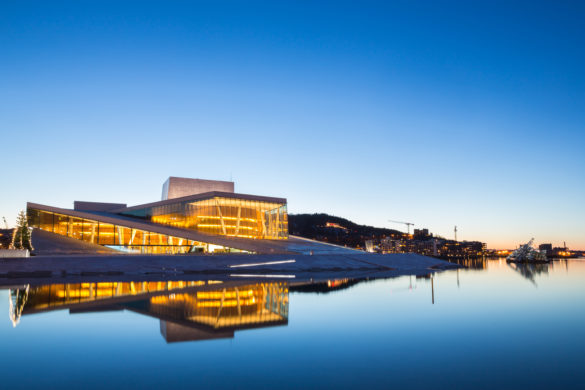by Francesco Iodice
A Special Session at the EAN Congress 2023 welcomed two guests from the African Academy of Neurology (AFAN), to discuss shortages, challenges, education and training across the African continent.
The session was opened by Prof. Sarah Misbah El Sadig, from Khartoum, Sudan, who presented some scientific works that analysed the shortage of specialised neurologists across the African continent. A turning point for neurology in Africa came in 2015 with the establishment of AFAN, an association which aims to improve standards of care in the African continent. From that moment a movement started with the aim of training new doctors, improving curricula, and better analysing shortcomings to provide possible solutions.
Since then, widespread surveys have been developed and topics such as clinical neurophysiology and movement disorders have become more common in clinical practice. A significant development came with the involvement of the World Federation of Neurology (WFN), which began to fund some training centres, including a large one focusing on epilepsy in Sudan.
El Sadig noted that it is important to consider the different context compared to the Western world, with a greater presence of infectious diseases and neurological complications. She recounted how the movement is increasing and at the last few conferences they have managed to involve 19 different countries with a more intense scientific production. Paediatric neurology represents a development sector in which AFAN is forging collaborations with experts also in the USA, UK, and France.
AFAN is developing strategies to reach as many people as possible, even with radio and television. Neurology in Africa cannot avoid thinking about the awareness of pathologies. Preventing diseases costs less than treating them and the population must be aware of this. The organisation has clear objectives, including the creation of curricula for specialists, the creation of awards that can help specialists in their careers, and the development of regional face-to-face and online courses. But most of all, human resources are needed; before advanced machinery and methods, neurology in Africa must enlarge its workforce.
In the second talk of the session, Daniel Gams Massi Douala, from Cameroon, spoke about the specific experience in clinical neurophysiology. The WFN currently fully funds an epilepsy center in Sudan and partially funds a neurophysiological training center in South Africa. He emphasised that it is important that neurology starts from the education of young Africans, and noted that other expert centres have also been identified in Morocco and Egypt, and more will come soon.
The situation is slowly improving, with an electromyography centre now in practically every African country. But before using the machine it is important to train the people who will have to use these machines; sometimes they will have to deal with rare and expensive pathologies and in this case the clinical evaluation can be more important than instrumental diagnosis.
There is still a large gap in Africa in terms of practical resources, which are lacking in most countries; there are no instruments for clinical neurophysiology, and sometimes there is simply no electricity. Equipment is needed, as well as motivated people. An important role can be played by certificates that stimulate people to improve more, said Douala. The biggest problem remains that specialised people leave the continent, usually for money and career opportunities. Work is needed to create a more intense network that intensifies the possibility of reward. In a stronger network people will be happier to stay and help their people, concluded Douala.
Watch the full session on the EAN Vimeo channel.




